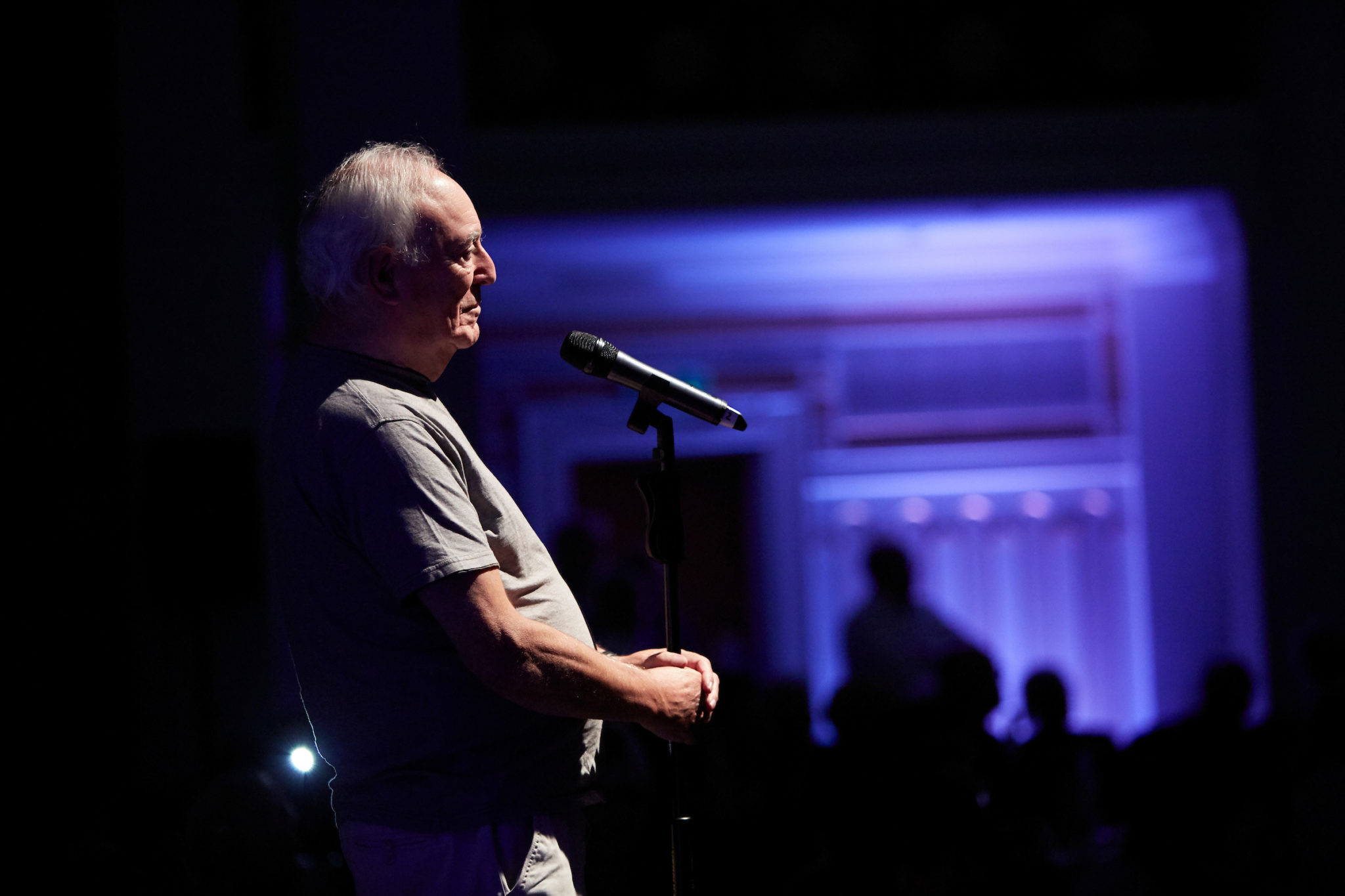
I was not alone as I recalled my mother’s life
Harry Venet
On a February day in 1964 my mother went to work and didn’t come back. She’d suffered a stroke and died later in hospital, leaving my father and myself to cope with . . . well, life, really.
The ritual followed with regard to the death was according to the Orthodox Jewish faith. We contacted the rabbi attached to our local synagogue, who arranged for a funeral director to collect the body and the communal burial society to receive it, wash it and dress it in a simple white shroud, ready for a burial the following day.
Orthodox Jewish burials (cremations are not allowed) always take place as soon as possible, while the body is still warm, which often involves the co-operation of the certifying doctor, and the civic authorities (the registrar and the coroner), unless the law requires a post mortem examination.
The mourners, my father, my mother’s sisters and myself, didn’t see my mother’s body or the coffin until the funeral, though the burial society ensured that she was not left alone during that period.
Following biblical tradition, mourners tear their garments to symbolise their loss; this was done by a representative of the undertaker or burial society snipping an old garment of each of us before the funeral. I remember little of the funeral itself except that as the coffin was lowered into the ground and covered with earth my stiff upper lip failed me and I burst into tears.
There are three periods of mourning, covering the eleven months until a gravestone was consecrated. The first of these was shiva, the seven days when, apart from the Sabbath, we sat at home, on low, wooden chairs, still in our torn garments, and received condolences from friends and neighbours.
They would come for evening prayers and often brought food, as mourners are not allowed to cook for themselves. It’s odd how you remember little things but I clearly recall my Dad, as soon as shiva was over, buying a gas fire so that he and I didn’t have to go through that other ritual – clearing out the ashes of our coal fire and preparing it for the next day.
I was grateful for the shiva as it meant I was not alone as I recalled my mother’s life and how she had helped form my opinions on many things. It also helped me as I began my new relationship with my father.